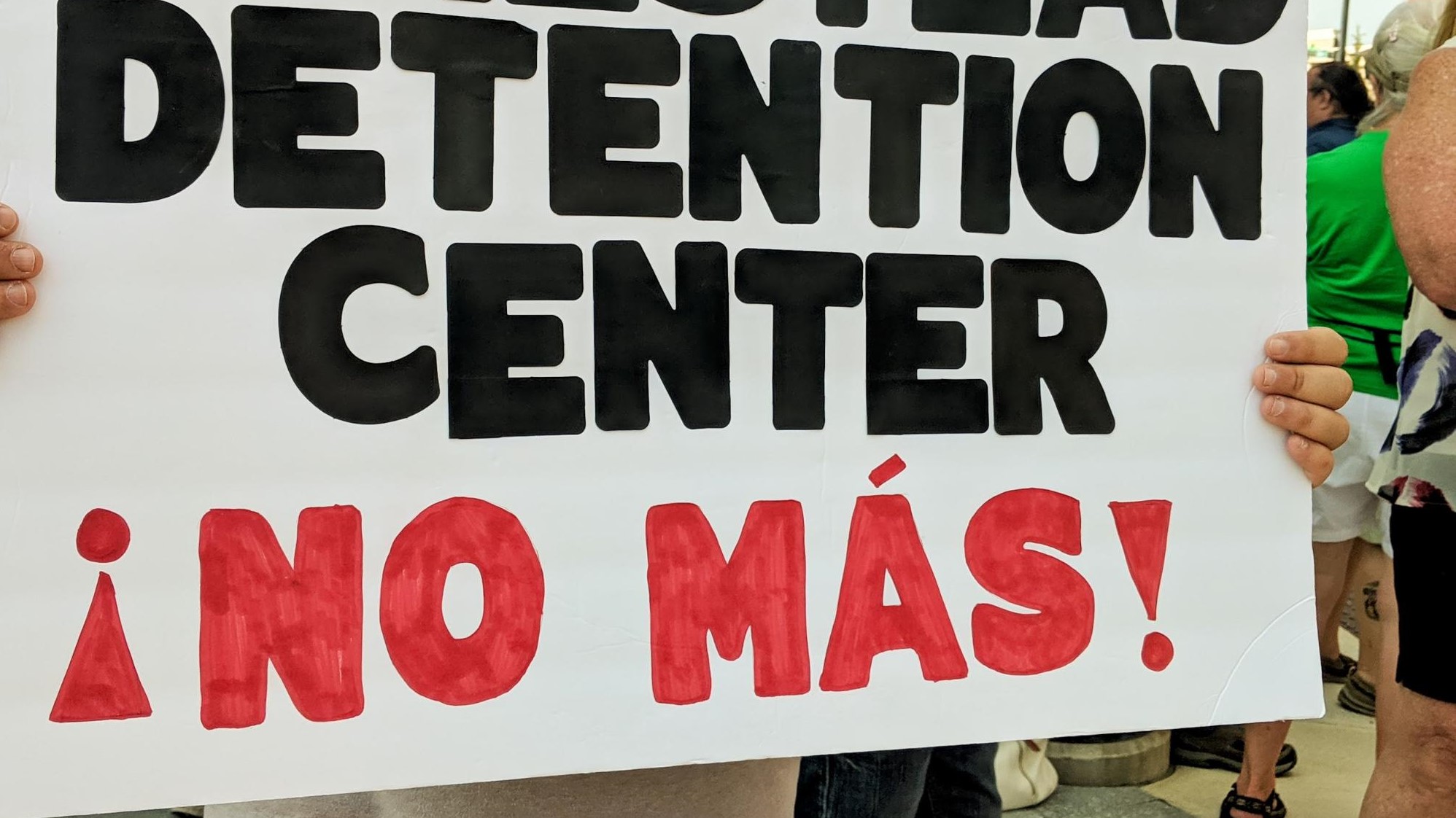Thousands of families separated. Several migrants neglected, harmed or killed while in U.S. custody. Immigrant advocates and lawyers working tirelessly to force the U.S. government to take accountability for its poor handling of a surge in migrants at the U.S.-Mexico border. These are the realities that have become trademarks of President Donald Trump’s harsh immigration policies and that show why we need to fix our immigration system.
Lack of transparency from agencies such as U.S. Immigrations and Customs Enforcement (ICE), closure of some controversial migrant detention facilities and openings of these same type of facilities elsewhere, shine a light on what both sides of the political aisle may agree is a broken immigration system.
The most recent examples of a need to overhaul the U.S. immigration system is the closure of notorious Homestead child detention facility in Florida and the expansion of detention centers throughout Louisiana. Caliburn, a contractor that operates the Homestead facility on land owned by the U.S. Department of Labor, will not have its federal contract renewed when it expires on Nov. 30. The facility will be placed into “warm status,” meaning the Department of Health and Human Services retains access to Homestead and may choose to reopen it, according to the Miami Herald.
Remaining Homestead employees will leave within the next week and all the facility’s beds will be removed, according to an email sent to Rep. Debbie Mucarsel-Powell, D-Miami, by DHS. “In our ongoing efforts to ensure fiscal prudence, following a sustained decrease in referrals, HHS operations at the Homestead Temporary Influx facility will be transitioned into warm status effective immediately,” HHS office staff wrote in the email that was then shown to the Miami Herald.
Homestead’s closure is a victory for immigrant activists and Democratic presidential candidates like Senators Elizabeth Warren and Bernie Sanders, who opposed using millions in taxpayer dollars to operate an empty facility. When it was in operation, the facility’s contractor, Caliburn, earned a poor record of child abuse and neglect, according to the Miami Herald.
Meanwhile, employees of Louisiana state’s prison system have benefitted from a growing dependence on revenue from housing inmates, but an influx of migrant detainees has allowed for a reduction in state prisoners, while allowing for a growing number of immigrant detention facilities, according to NOLA.com.
Louisiana has the second largest population of immigrant detainees for ICE, behind only the state of Texas. More than 15% or nearly 9,000 migrant detainees — of ICE’s roughly 51,000 detainees nationwide — are housed in 11 Louisiana facilities, according to NOLA.com.
Pine Prairie and LaSalle were the only two long-term detention facilities in Louisiana as of March 2018. Nearly half of their roughly 2,000 detainees were undocumented immigrants who had been arrested and faced possible deportation, according to NOLA.com. Now, the number of Lousiana prisons and jails that house ICE detainees has quadrupled, with federal authorities utilizing 11 facilities to hold thousands of undocumented migrants and asylum seekers, according to NOLA.com.
Many of ICE’s Louisiana lockups are in remote locations, which puts a strain on immigration attorneys, many of whom are based in New Orleans or Baton Rouge. “There’s a limited amount of people who are doing detained cases in Louisiana because it is so far, so rural, so difficult to get to and to handle,” attorney Homero Lopez Jr. told NOLA reporters.
Federal immigration authorities, sheriffs and private operators that oversee Louisiana detention facilities boasted to NOLA reporters that ICE facilities “are way beyond” normal prison standards. But immigrant advocates and detainees told the reporters they confront the same issues their counterparts face in detention facilities in other states, such as poor food, lack of privacy, harassment by guards and extensive use of solitary confinement, which further solidifies the argument that the U.S. immigration system is broken.




